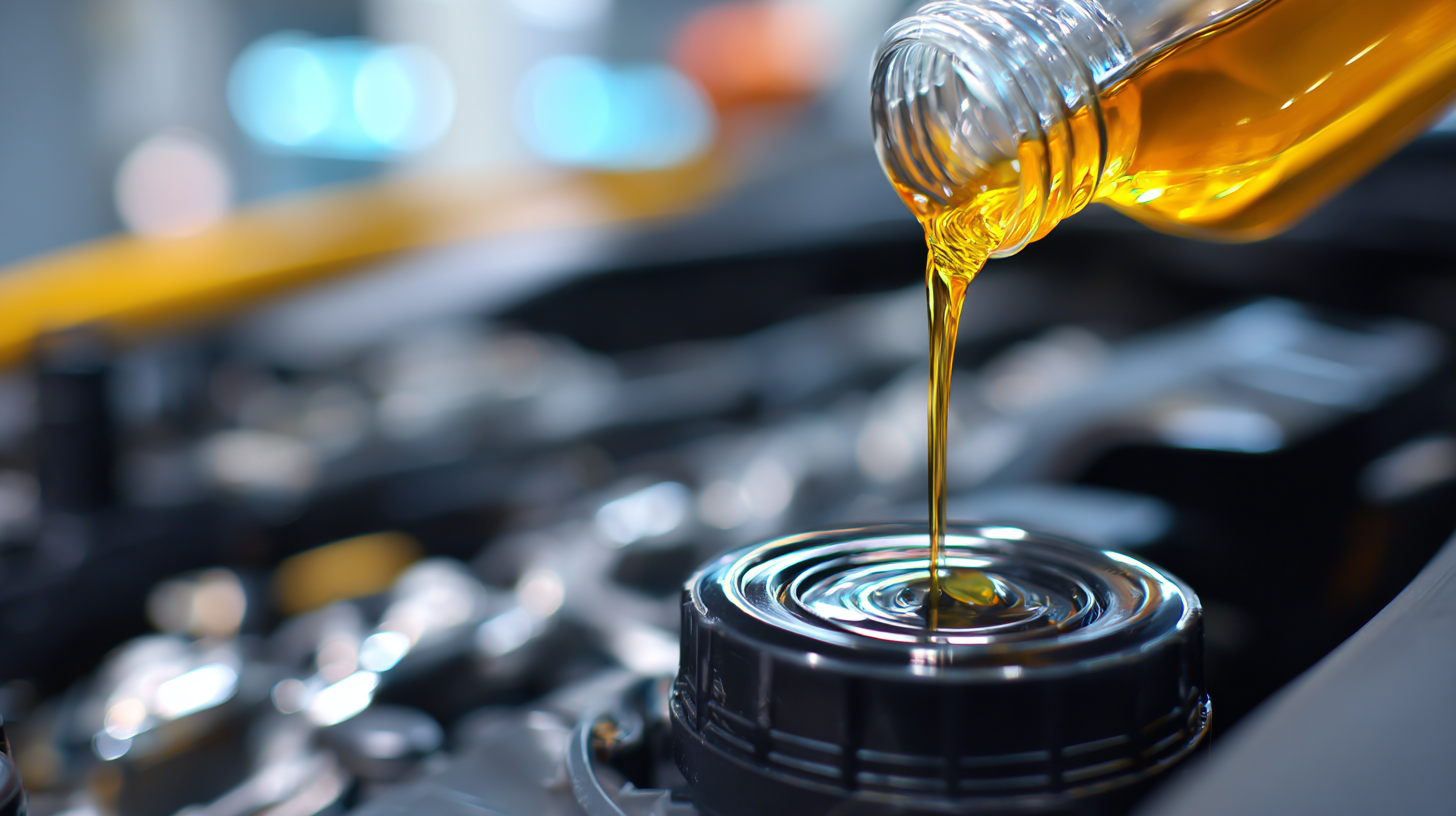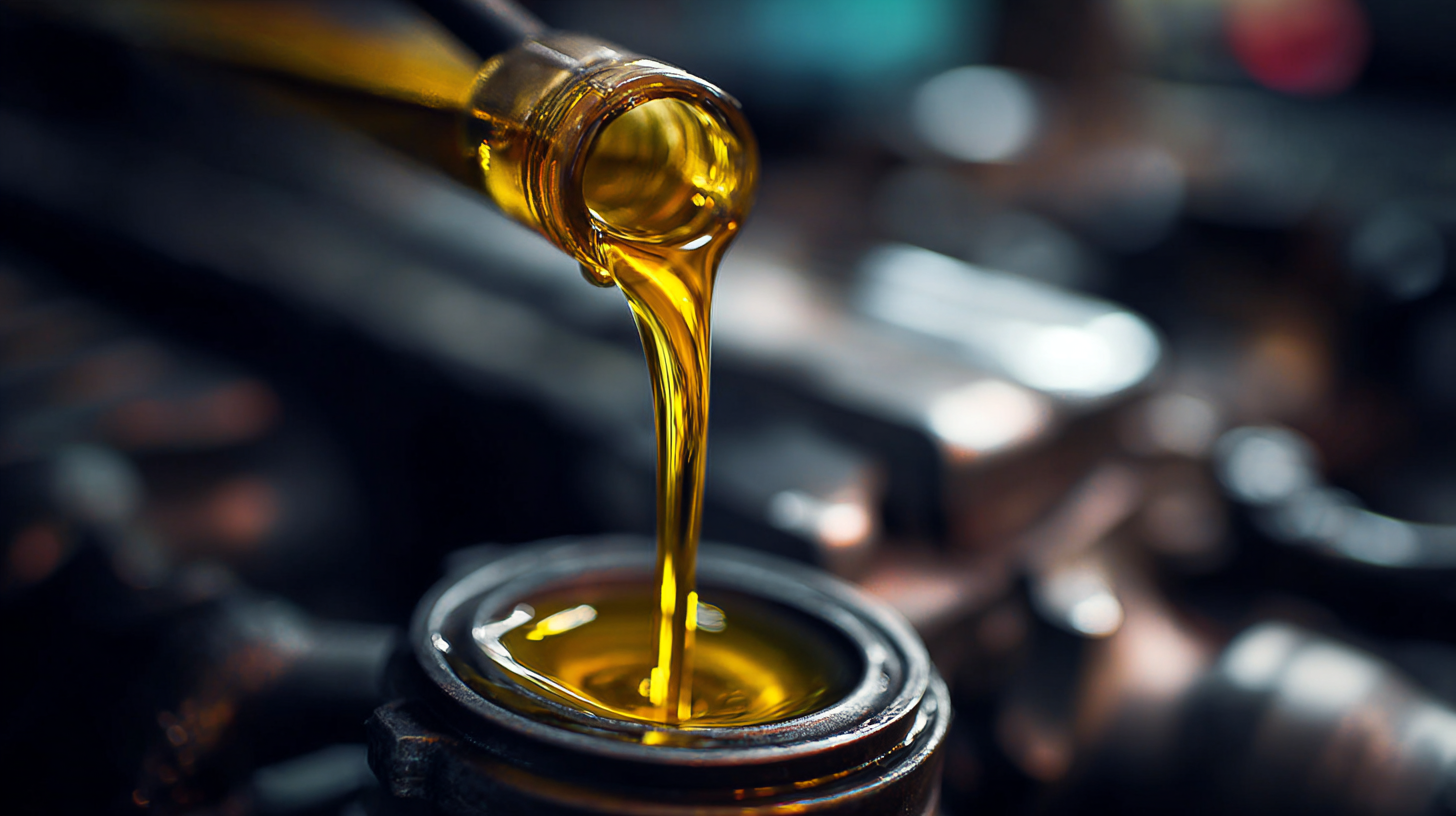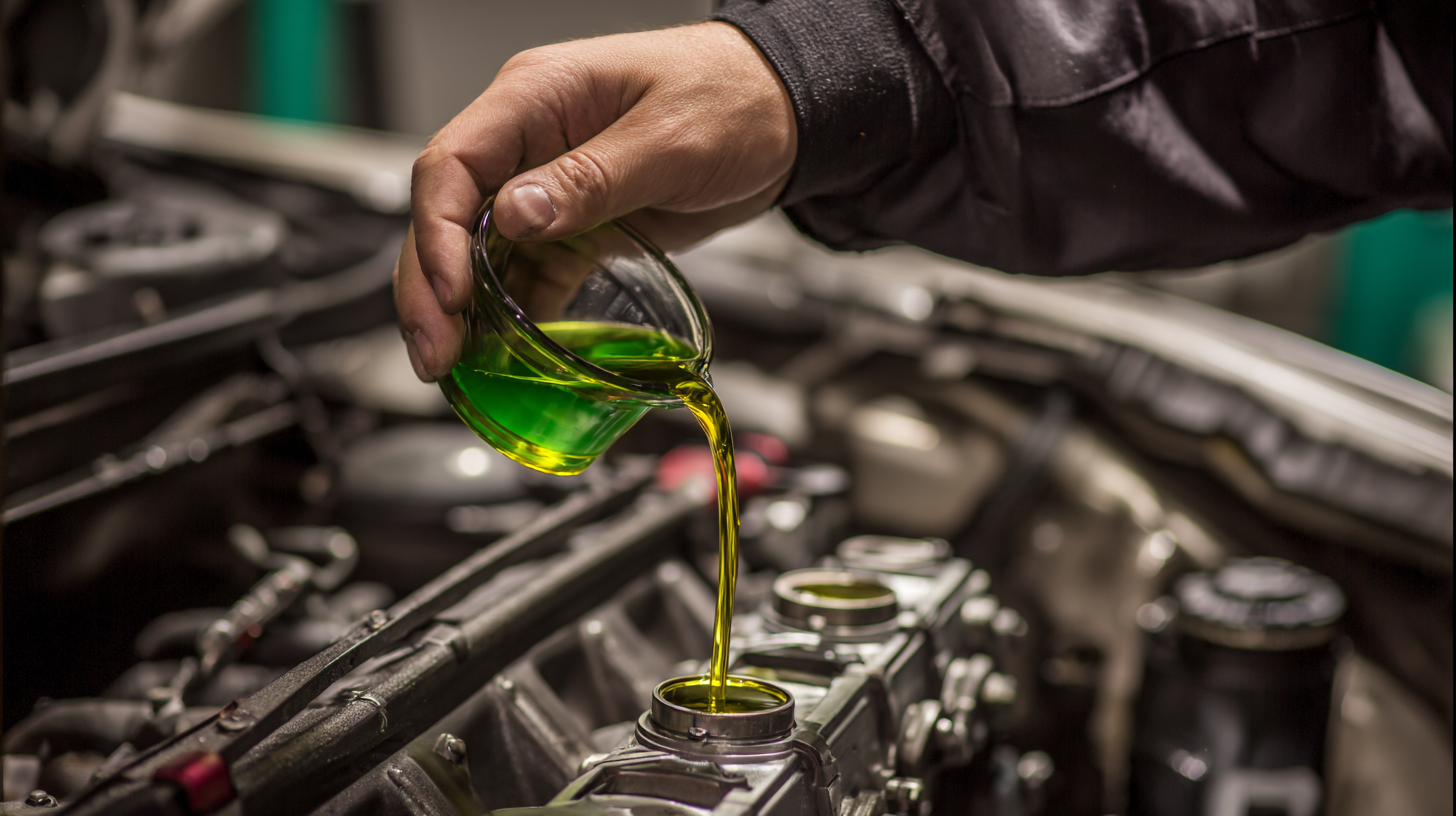7 Key Reasons Your Engine Coolant Choice Can Save You Money
In the realm of automotive maintenance, the choice of engine coolant is often overlooked, yet it plays a crucial role in the longevity and performance of a vehicle. According to the Car Care Council, over 75% of vehicles on the road are in need of some form of cooling system maintenance. An appropriate engine coolant not only enhances the thermal efficiency of an engine but can also prevent costly repairs down the line. In fact, studies show that using high-quality coolant can reduce engine wear and extend engine life by an average of 40%. By making informed decisions regarding engine coolant selection, vehicle owners can capitalize on significant savings through improved fuel economy and reduced maintenance costs. This blog explores seven key reasons why your engine coolant choice is more than just a seasonal task—it’s a strategic investment in your vehicle's reliability and your wallet.

The Importance of Selecting the Right Engine Coolant for Long-Term Savings
Selecting the right engine coolant is crucial not only for the performance of your vehicle but also for long-term savings. The choice of coolant impacts the engine's efficiency and longevity. High-quality coolants can enhance thermal conductivity, preventing overheating and reducing the risk of engine damage. This means that by investing in a suitable coolant, you can avoid costly repairs down the line, thus saving money in the long run.
Moreover, the right coolant can also lead to improved fuel efficiency. When the engine operates at optimal temperatures, it runs more smoothly, which can contribute to better gas mileage. Additionally, using a coolant that resists corrosion and scaling helps maintain the integrity of your vehicle’s cooling system. This preventative measure ensures that you won’t have to deal with unexpected maintenance costs, further emphasizing the importance of making an informed decision about your engine coolant. Taking the time to choose wisely can lead to significant financial benefits and a healthier, more efficient engine.
Comparative Analysis of Different Coolant Types and Their Cost-Efficiency
When it comes to maintaining your vehicle, choosing the right engine coolant can significantly impact your wallet. A comparative analysis of different coolant types reveals critical differences in cost-efficiency that are often overlooked. Ethylene glycol, for example, is widely used due to its effectiveness, but it's also associated with higher long-term costs. Its price may seem reasonable initially, but regular replacements can add up as it degrades faster under extreme conditions, especially in older engines.
On the other hand, propylene glycol coolants tend to be more stable and environmentally friendly, which can save you money in the long run. These coolants offer a longer lifespan and better heat exchange properties, reducing the frequency of replacement and potential repairs. Additionally, some advanced formulations, like hybrid organic acid technology (HOAT) coolants, provide excellent thermal protection and longevity. Understanding the performance characteristics of different coolant types enables car owners to make informed decisions that not only protect their engines but also contribute to overall cost savings.
How the Right Engine Coolant Enhances Engine Performance and Reduces Repair Costs
Choosing the right engine coolant is crucial not only for optimizing engine performance but also for minimizing repair costs over time. A study from the National Institute for Automotive Service Excellence (ASE) found that nearly 40% of engine failures can be attributed to inadequate cooling system maintenance and improper coolant use. By selecting a high-quality coolant, you can significantly enhance the thermal efficiency of your engine, promoting better heat dissipation and preventing overheating. This can extend the lifespan of essential components such as the radiator and water pump, which are costly to replace.
Moreover, using the appropriate coolant can reduce the frequency of repairs. The Engine Cooling Systems (ECS) report indicates that vehicles using manufacturer-recommended coolants experience 50% fewer maintenance incidents related to overheating compared to those using generic alternatives. Advanced coolants often contain corrosion inhibitors that prolong the life of metal components within the cooling system, reducing the need for costly repairs caused by rust and scale buildup. Investing in the right engine coolant not only bolsters your vehicle's performance but also translates to significant long-term savings.

Understanding the Impact of Coolant Quality on Fuel Efficiency and Emissions
The quality of engine coolant plays a crucial role in enhancing fuel efficiency and reducing emissions. High-quality coolant helps maintain optimal engine operating temperatures, which is essential for efficient combustion. When the engine runs cooler and more consistently, fuel is burned more completely, leading to improved miles per gallon (MPG). In contrast, using subpar coolant can cause overheating or inconsistent engine temperatures, resulting in increased fuel consumption and unnecessary costs at the pump.

Moreover, the right coolant formulation can significantly reduce harmful emissions. Coolants containing advanced additives not only protect engine components but also minimize the formation of harmful byproducts during combustion. This means a cleaner engine operation, which is less likely to produce excess carbon monoxide or hydrocarbons. In a world increasingly focused on sustainability, choosing the right coolant is not just about the mechanics; it’s also about being environmentally responsible and potentially saving money on long-term maintenance and fuel expenses.
Key Maintenance Practices to Extend the Life of Your Engine Coolant and Save Money
When it comes to maintaining your vehicle, one of the most overlooked aspects is managing your engine coolant. By following key maintenance practices, you can not only extend the life of your coolant but also save money in the long run. Regularly checking the coolant levels and its condition can help identify potential issues early. If you notice a change in color or consistency, it might be time for a replacement, keeping your engine operating efficiently.
Another essential tip is to flush your coolant system according to the manufacturer's recommended schedule. This practice removes old and contaminated coolant, preventing corrosion and buildup that can lead to costly repairs. Additionally, using high-quality coolant specific to your engine type can ensure optimal performance and longevity. Don’t forget to check hoses and connections for leaks or wear, as these can compromise your coolant system's effectiveness and lead to overheating.
Lastly, consider the climate you live in. Choosing the right coolant can impact your engine's performance and lifespan. For colder regions, a coolant with antifreeze properties is necessary, while those in hotter climates may need a higher boiling point coolant. By tailoring your coolant choice and maintenance practices to your specific environment, you can enhance your engine’s longevity and significantly reduce maintenance costs.
7 Key Reasons Your Engine Coolant Choice Can Save You Money
| Reason | Description | Cost Savings | Maintenance Frequency |
|---|---|---|---|
| Compatibility | Choosing a coolant that is compatible with your engine can prevent leaks and failures. | $100 | Every 5 years |
| Corrosion Protection | High-quality coolant protects against rust and corrosion, extending engine life. | $200 | Every 2 years |
| Cooling Efficiency | Proper coolant helps maintain optimal engine temperatures, improving performance. | $150 | Every 3 years |
| Reduced Overheating | Good coolant reduces the risk of overheating, which can damage the engine. | $300 | Annual check |
| Fluid Longevity | Quality coolant lasts longer, reducing the frequency of changes needed. | $50 | Every 4 years |
| Environmental Protection | Using eco-friendly coolant contributes to a healthier environment. | $20 | Ongoing |
| Professional Recommendations | Consulting professionals for the right coolant can save future repair costs. | $250 | As needed |